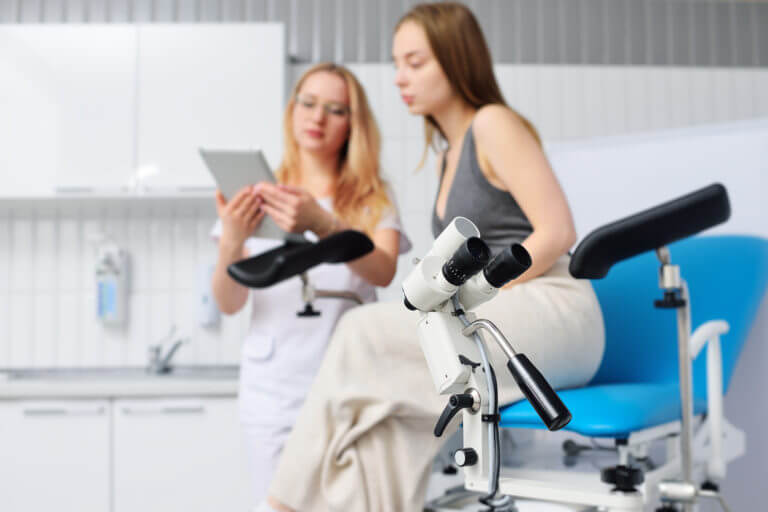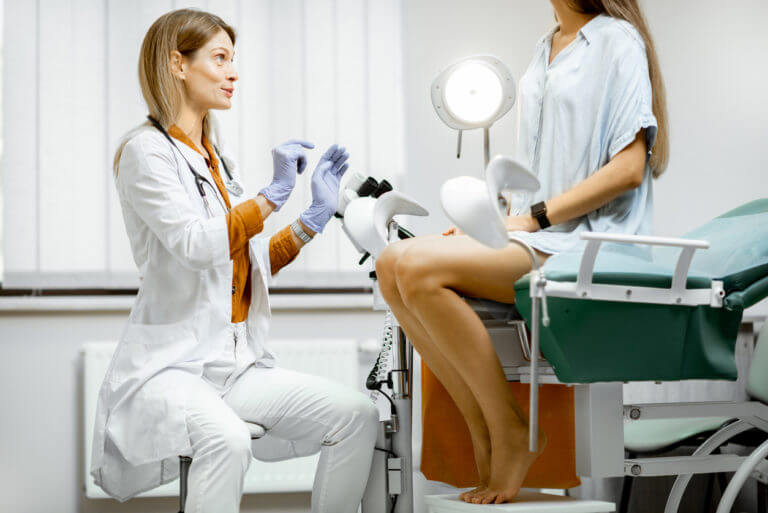As a woman, sexual and reproductive health (SRH) care plays a prominent role in your overall well-being. It’s not only important to your physical health, but also to your ability to make sound decisions about when and whether to start a family, maintaining healthy intimate relationships, and carrying out safe health practices. At University OB/GYN
Read MoreBlog
Healthy Pregnancy: Advice from an OB/GYN
From the moment you discover that you’re pregnant until you deliver, your number-one priority is maintaining the good health of yourself and your baby. You may be wondering how exactly is the best way to go about achieving optimum health and providing all of the nutrients your baby needs. Let’s talk about some of the
Read MoreRecurrent Miscarriages: What You Need to Know
It’s an expecting couple’s worst nightmare: You have had a miscarriage. About 12% of all known pregnancies end in miscarriage, and many more end before the woman even knows she’s pregnant. You’re likely wondering how you can help to prevent this from happening again, so you can give birth to a healthy baby. Let’s talk
Read MoreWhy You Should See a Reproductive Health Physician
Did you know that up to 15% of couples are unable to conceive, and that men are just as likely to be infertile as women? Your reproductive health is essential to your ability to make important choices in your life, including when and whether to have children. A reproductive health physician can help you and
Read MoreWhat Can a Reproductive Health Physician Treat?
A reproductive health physician, also known as a reproductive endocrinologist (RE), is essentially an obstetrician-gynecologist (OB/GYN) who specializes in diagnosing and treating hormonal issues and conditions surrounding reproductive health. If you have any of the following conditions or circumstances, you could greatly benefit from the expertise of a reproductive health physician: You want to conceive
Read MoreWhen to See a Women’s Health Doctor Instead of Your Primary Care Provider
While a primary care doctor can diagnose and treat a wide range of health conditions affecting both men and women, an obstetrician/gynecologist (OB/GYN) specializes in diagnosing, treating, and preventing health issues that can specifically impact women. This is especially true of reproductive issues in women, such as problems with your menstrual cycle or breast health.
Read MoreGoing for an OB/GYN Check-up? Tips to Get Through the Process
Going for a gynecological check-up isn’t something most women look forward to—all the more so since it usually involves awkward conversations and/or putting the feet in the stirrups and having an ice-cold speculum inserted into the vagina. The thought of visiting your OB/GYN for a check-up may cause you to feel some amount of anxiety,
Read MoreHormonal Imbalances in Women: What You Need to Know
Hormonal imbalances can happen throughout all stages in a woman’s life. If left untreated, some hormonal imbalances can cause severe problems – especially in women. Therefore, there are some crucial things you should know about hormonal imbalances. We have all heard about menopause, pregnancy, and menstrual cycles, but did you know many other body systems
Read MorePregnancy Precautions During the COVID-19 Pandemic
Pregnancy is supposed to be an exciting and memorable adventure. However, with the onslaught and the unabated surges of COVID-19, expectant mothers are instead shrouded in anxiety, fear, and uncertainty over their health and that of their unborn child. Here are a few, simple strategies to help you navigate and ensure a healthy, successful pregnancy
Read MorePregnancy Symptoms: How to Know If You’re Pregnant
If you’ve been trying to get pregnant for the first time, you may not always know the exact signs to look out for month after month. Missing your period—especially if it runs like clockwork—might cause you to think it might be the good news you’ve been waiting to get, but it is not a foolproof
Read More












